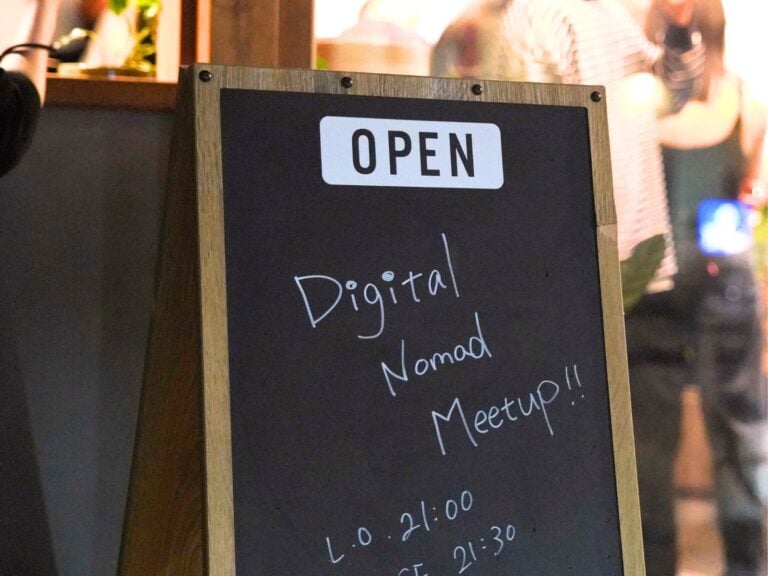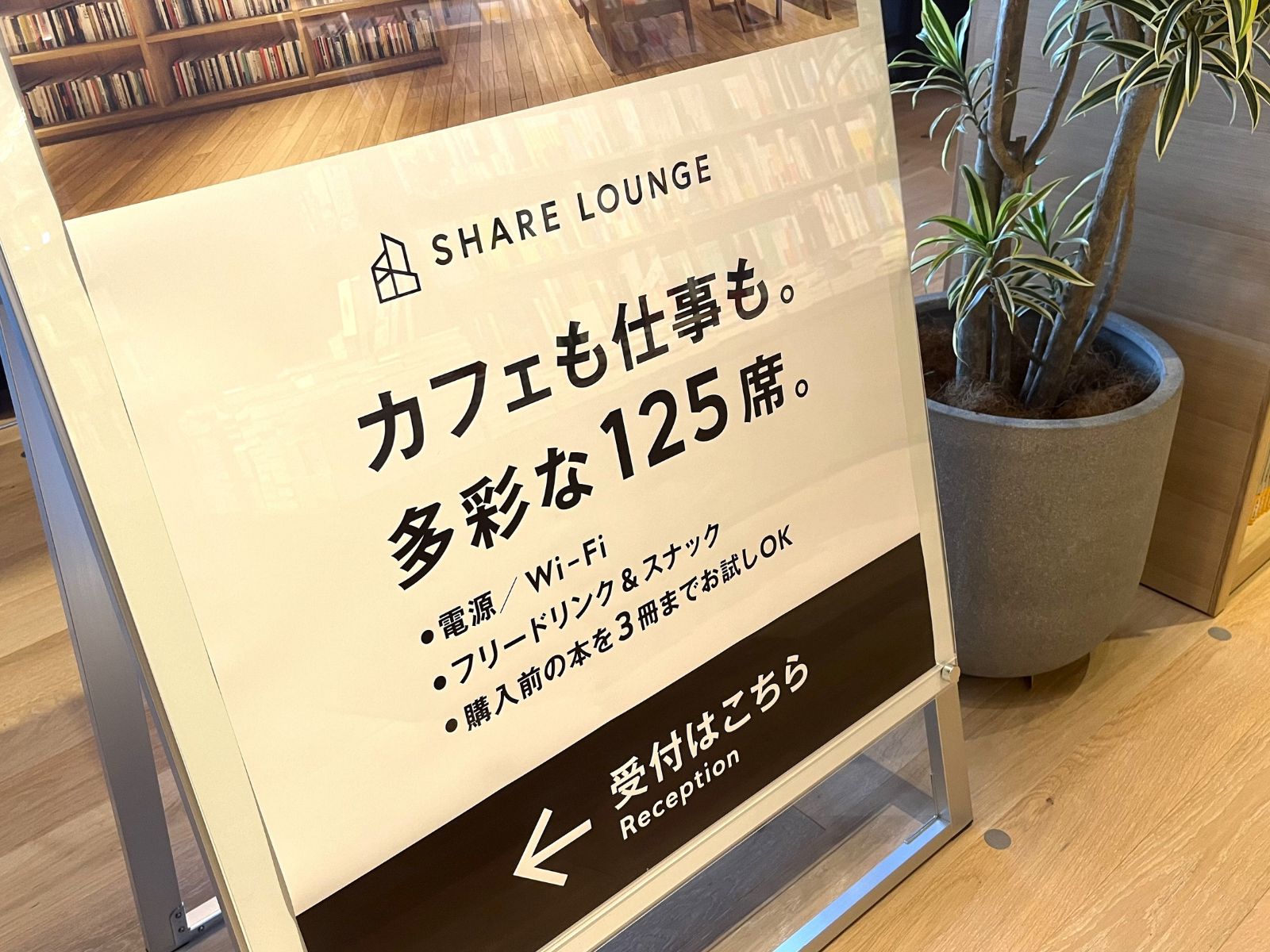
Digital nomads are location-independent workers who leverage technology to perform their jobs while living a nomadic lifestyle. Unlike traditional employees who are bound to a physical office or location, digital nomads work remotely, often from various locations around the world. While all digital nomads are remote workers, not all remote workers are digital nomads, as the latter are better known for their openness to travel and willingness to relocate frequently.
Digital nomads can be either remote employees or freelancers. They typically possess high levels of skill and digital proficiency, working in fields such as IT, web design, engineering, finance and both digital and traditional marketing. The term “digital nomad” was first introduced in 1997 in the book The Digital Nomad by Tsugio Makimoto and David Manners.
Japan’s Version of the Digital Nomad Visa
Japan has joined the ranks of countries offering digital nomad visas, allowing remote workers to experience life in Japan for up to six months. This initiative seeks to attract professionals and offer them a chance to immerse themselves in Japanese culture while working.
The Japan Digital Nomad Association site serves as a hub for digital nomads seeking information and community support. The site features a message board with areas dedicated to various aspects of nomad life, such as living arrangements, meetups, and tips for navigating Japan. There are also city-specific chats for Fukuoka, Osaka, and Tokyo and other cities where nomads can share local information and connect with others in the same area.
Visa Requirements:
Japan’s digital nomad visa has a six-month limit as well as a few other requirements as below.
- Must be a national of countries/regions which are under the scope of the visa exemption arrangements (Temporary Visitor) and subject to Japan’s Tax Conventions.
- Annual income must be at least ¥10,000,000 ($60,000) at the time of application.
- Must have private medical travel insurance which covers death, injury, illness while in Japan. Coverage for these must be ten million yen or more.
- Spouse or child can accompany the visa holder in Japan.
- Full information on the visa application and eligible countries is on the MOF website.
- Visa holders are allowed to engage in activities that involve using technology in Japan to engage in business of the organization’s office located in a foreign country, based on an employment contract with a corporation or other foreign organization established in accordance with the laws and regulations of a foreign country.
- Activities that involve providing services for a fee or selling goods, etc. to persons located in a foreign country.
- There is no option to extend the visa. If you want to apply again, you will need to wait 6 months from leaving Japan before reapplying.
- You will not be issued a Residence Card, which can be used as an official ID within Japan.
- Advantages:
- Activities: These cities have many entertainment choices, cultural events, dining options, and networking opportunities
- International Community: Larger expat communities and services catered to foreigners
- Disadvantages:
- Cost: Expect to pay a premium for housing. Facebook groups such as the Tokyo Expat Network Accommodation & Room Finder is one source to look for housing. Finding accommodation can be competitive, especially for short-term leases
- Advantages:
- Cost: Housing costs are more affordable and less competitive
- Activities: Still offer a varied range of cultural and recreational activities without the overwhelming scale
- Disadvantages:
- International Community: May have fewer services and community groups for foreigners
- Short-Term Rentals: Airbnb, Booking.com, and local rental services offer furnished accommodation but could be busy with regular short-term tourists and may not be available for long-term stays.
- Serviced Apartments: These can be a good option as more amenities and easier lease terms may be available but could be on the expensive side.
- Guesthouses and Share Houses: Provide a communal living experience and can be cost-effective.
- Real Estate Agents: Some agencies can assist foreigners to help navigate the rental market.
Activities In Scope
NOTE: Just to be completely clear, the DN visa does not allow you to hold an employment contract, etc. with a Japanese public or private organization.
Limitations
Even though the new visa might not seem to come with an extensive list of benefits, it does offer remote workers the opportunity to stay and work in the country for up to six months. This initiative caters to digital nomads who are accustomed to moving around the world and finding flexible solutions to challenges even without the full credentials of a local resident.
For banking and financial transactions, digital nomads can use various international banking and transfer services to avoid the need to set up a traditional bank account in Japan. Services like TransferWise (now Wise) and PayPal are popular choices for managing finances without the limitations of using the local banking system.
Mobile phone service can be a bit trickier due to the requirement of a residence card for signing up with local providers. However, digital nomads can use international SIM cards, portable Wi-Fi devices, or prepaid SIM cards available at the airport or a convenience store. Companies like Mobal, Sakura Mobile, and Japan Wireless offer solutions specifically tailored for travelers and temporary residents, making it easy to stay connected.
On the Ground Support
Housing
One of the main concerns before coming to Japan is where to live and housing. If you are interested in city living you will head to the large cities such as Tokyo, Nagoya, or Osaka. Cities offer an abundance of activities, but you can expect rents to be higher and availability to be less. Smaller cities such as Fukuoka, Kobe, Sapporo, Sendai, and others offer many activities and they are easier to navigate, less crowded and housing costs will be less.
Large Cities
Smaller Cities
Housing Tips for Digital Nomads
By weighing these points, digital nomads can find the right balance between cost, convenience, and lifestyle to make the most of their stay in Japan.
The topic of abandoned or unused homes, known as akiya (空き家), has gained considerable attention on social media due to the opportunity to purchase these properties at very low prices, especially with the favorable exchange rate. However, there are important points to consider when looking into this option. If you are interested in these houses, you will need to pay in cash since banks in Japan are unwilling to lend to non-residents. Also, buying a home in Japan does not come with permission to live in the country. You will need to arrange a visa separately from home ownership. Lastly, these homes may not have been lived in for many years so be prepared to do the renovation yourself or hire someone to do it for you. Before jumping into this option, consider both the pros and cons carefully.

Co-working Spaces
For digital nomads in Japan, particularly those staying in smaller living accommodations, coworking spaces offer a practical solution for a better work environment. The availability and characteristics of these spaces can vary significantly depending on the city. The web page Gaijin-Friendly Coworking Spaces in Tokyo has many good suggestions for coworking spaces. Many nomads may be working outside the Japan time zone and coworking spaces may not be available as some close early in the evening so be sure to check availability before signing up.
Super Charged Fukuoka
Smaller metropolitan areas in Japan provide a more traditional and authentic experience compared to large urban ones. Participating in local festivals and activities will help you gain a deeper understanding of Japanese culture. Fukuoka is a city which is going full steam to attract digital nomads and place itself as a hub for technology and startups. The city is organizing its second event for digital nomads in October 2024 called COLIVE FUKUOKA2024 World Nomad Conference. This is a month-long fest that will bring together over two hundred digital nomads and startup companies from around the world, making it among the largest events of its kind in Asia. Geographically, Fukuoka is centrally located in Asia. Seoul, Korea is just a one and half hour flight away and Taipei City is only a two-and-a-half-hour flight. Both Korea and Taiwan offer digital nomads visas and it is quite possible that some people will use this proximity to hop between countries.
One of Japan’s motivations behind the Digital Nomad visa is to attract visitors who will stay longer than the average tourist and have opportunities to delve deeper into the local culture. Also, small businesses and startups in Japan are looking for investors and the digital nomad’s could be a source for these businesses which can help give an overall boost to regional re-vitalization activities.
Japanese Language
One of the top questions about living in Japan is language requirement. The Digital Nomad visa doesn’t have any language requirement but since you will be staying in Japan you may want to have a rudimentary understanding of Japanese. In the large cities, English and other foreign languages are enough for getting around but grocery shopping, daily errands, etc. will be easier knowing a little Japanese. Each town in Japan has a city hall which oversees the public services within the community. The city hall usually provides basic Japanese language classes or can direct you to resources that do. The upside is that language classes are another good place to make friends. Japan is prone to disasters so understanding instructions on what do or where to go in the event of such an event will help you live with ease.
How do you see your future? Are you ready to hit the road with your laptop and join the ranks of other nomads staying in Japan and parts of the world?
Note: information described here is for reference only. Please consult with your local Japanese consulate for specifics related to visas and your personal situation.













